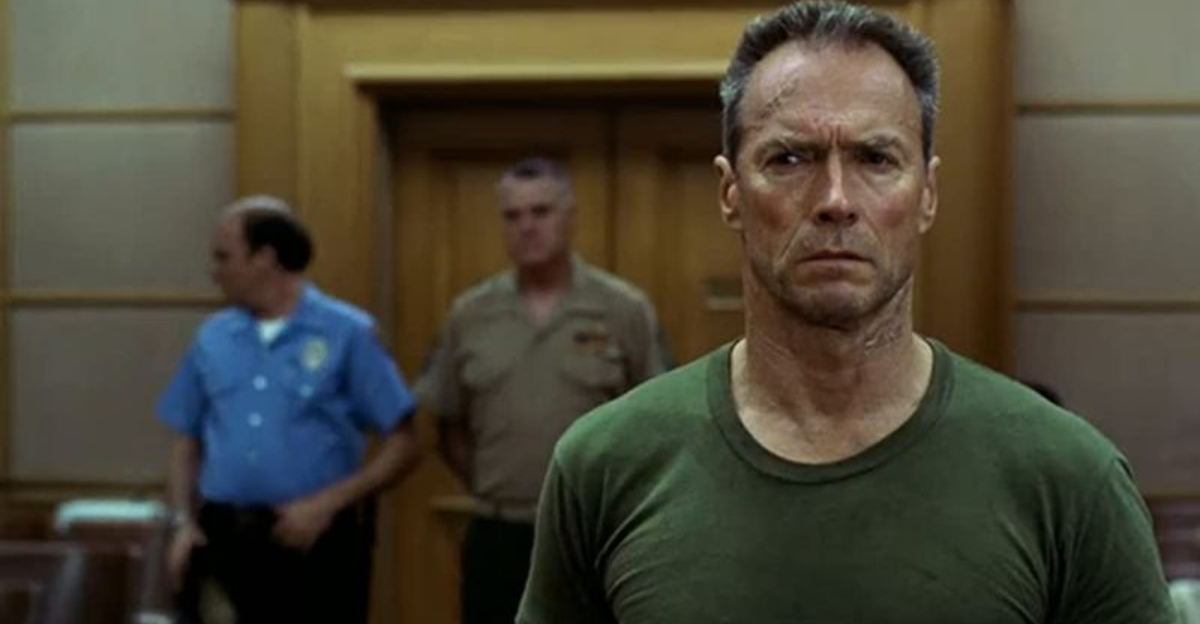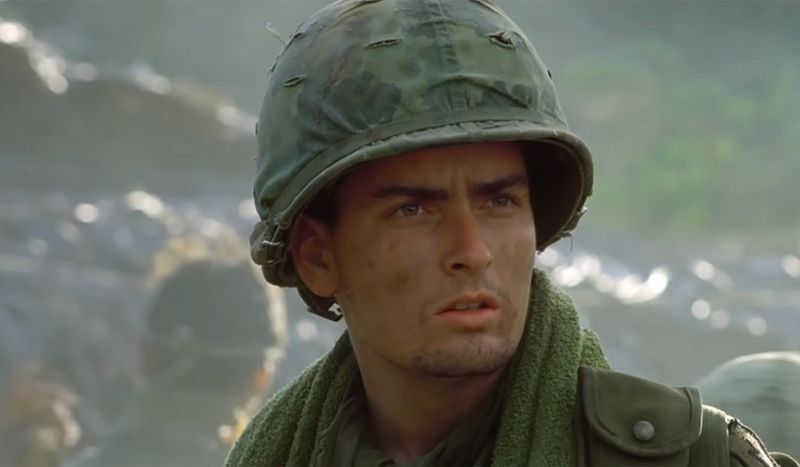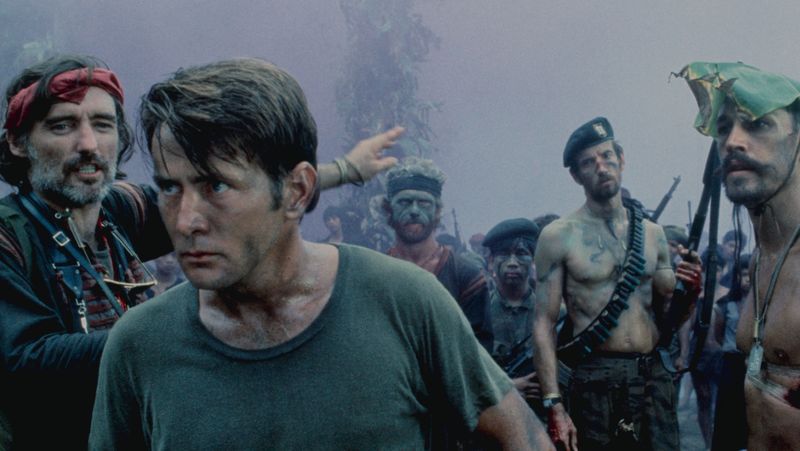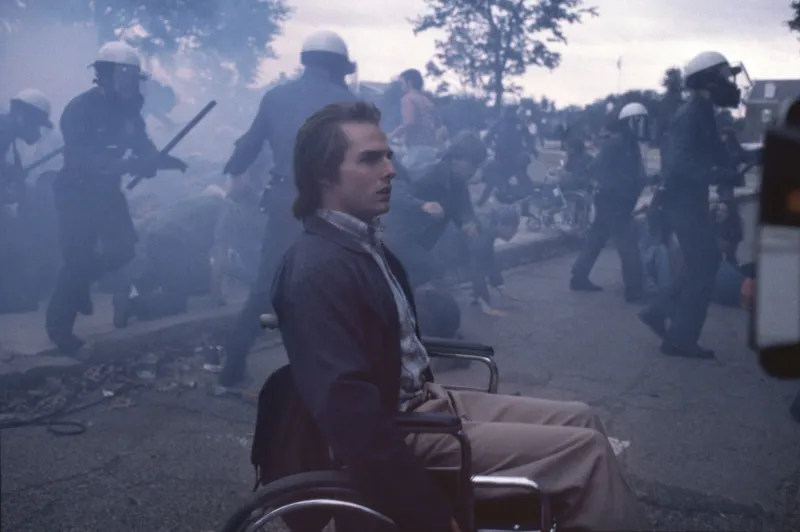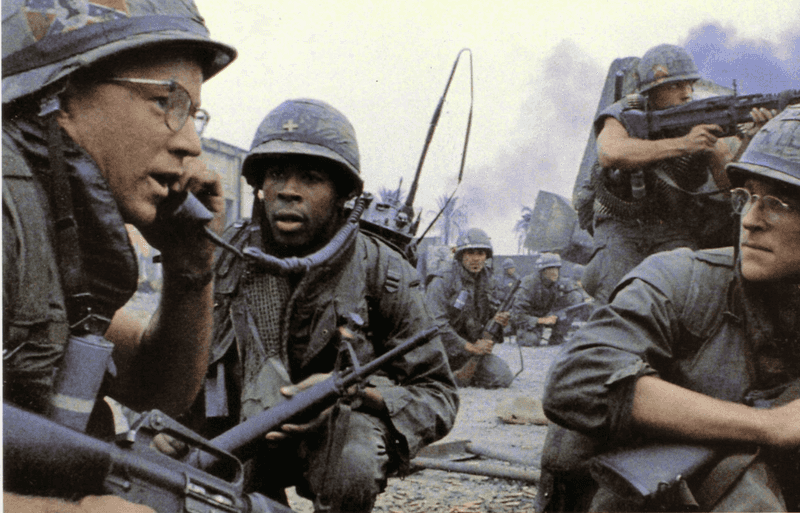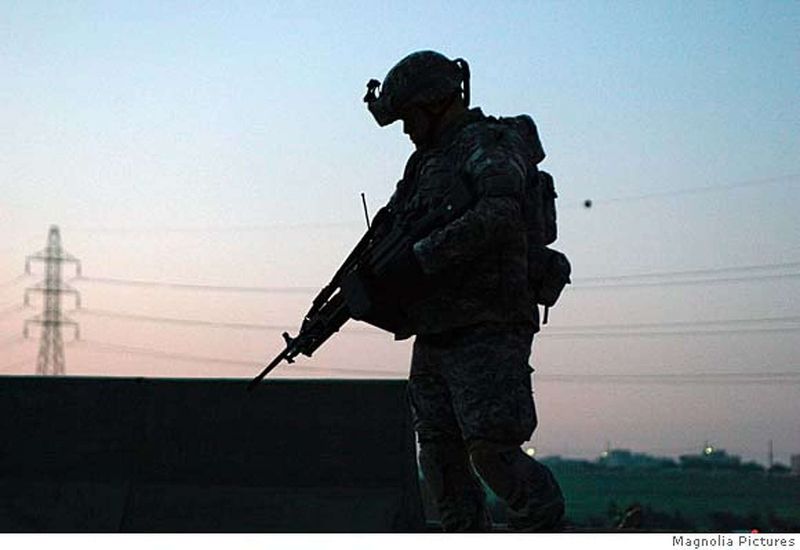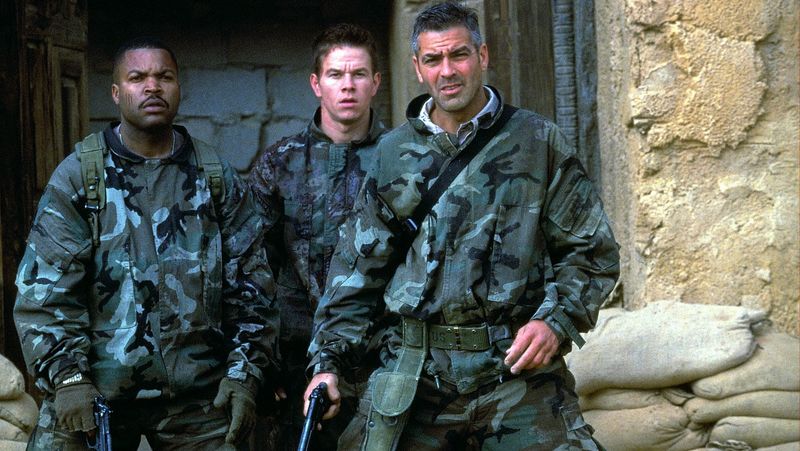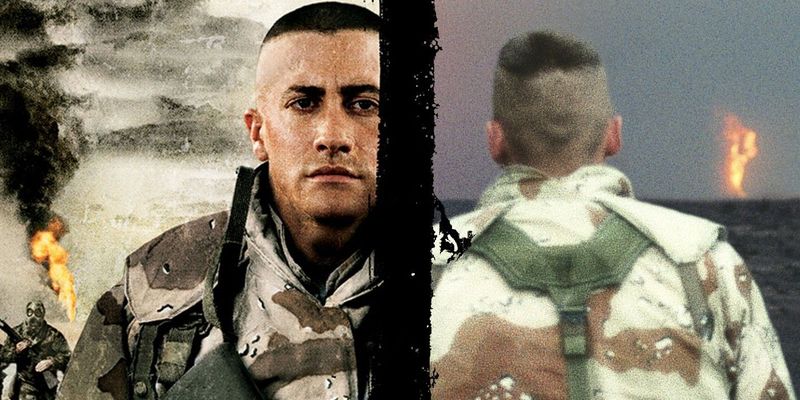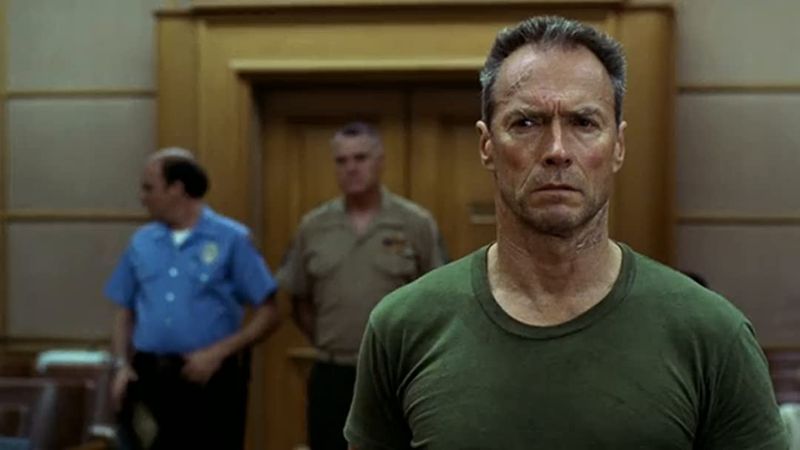Throughout history, film has served as a powerful medium for storytelling, especially in highlighting the complexities and brutal realities of war. However, not all narratives align with the interests of military authorities. This article explores ten war films that faced opposition from the Pentagon, including Clint Eastwood’s renowned work. These films offer a diverse range of perspectives, shedding light on the often unacknowledged aspects of military life and the consequences of war.
1. Platoon (1986)
Oliver Stone’s ‘Platoon’ reflects his personal experiences as a Vietnam veteran, delivering a raw, morally complex narrative. The Pentagon rejected its portrayal, finding it lacked a heroic narrative and instead focused on the psychological trauma endured by soldiers. The film’s gritty realism challenges traditional war glorification, offering a haunting insight into the Vietnam War’s impact. Stone’s direction emphasizes the moral dilemmas and internal conflicts faced by soldiers, creating a compelling, unsettling experience.
2. Apocalypse Now (1979)
Francis Ford Coppola’s ‘Apocalypse Now’ offers a surreal, critical perspective on the Vietnam War, alienating military support due to its portrayal of chaos and moral corruption. The film’s depiction of a mission spiraling into madness drew ire, yet it remains a cinematic masterpiece. Coppola crafts a haunting narrative that explores the darkness of human nature against the backdrop of war. The film’s iconic scenes and complex characters delve into the psychological and existential aspects of combat, leaving a lasting impact on audiences.
3. Born on the Fourth of July (1989)
Oliver Stone’s ‘Born on the Fourth of July’ portrays the real-life story of Vietnam veteran Ron Kovic. The Pentagon withheld cooperation, viewing its focus on veterans’ struggles and anti-war activism as politically charged. The film showcases Kovic’s journey from a patriotic soldier to a passionate activist, highlighting the personal cost of war. Stone’s direction captures the emotional and physical battles faced by veterans, emphasizing the transformative power of resilience and advocacy.
4. The Deer Hunter (1978)
Michael Cimino’s ‘The Deer Hunter’ alarmed officials with its disturbing portrayal of Vietnam War brutality, especially the infamous Russian roulette scenes. While not overtly political, its intense depiction of soldiers’ experiences drew backlash. The film explores the psychological and emotional toll of war on individuals and communities, offering a poignant narrative on friendship and trauma. Cimino’s direction immerses viewers in the harrowing realities faced by soldiers, leaving a profound emotional impact.
5. Casualties of War (1989)
Brian De Palma’s ‘Casualties of War’ explores a harrowing real-life event involving U.S. soldiers in Vietnam, leading to condemnation from military officials. The film’s portrayal of a gang rape and murder raised concerns about its impact on the image of American troops. De Palma crafts a narrative that delves into the moral complexities and internal conflicts faced by soldiers, highlighting themes of guilt and redemption.
6. Full Metal Jacket (1987)
Stanley Kubrick’s ‘Full Metal Jacket’ presents a stark, nihilistic view of the Vietnam War, avoiding glorification and offering no collaboration with the military. The film’s depiction of boot camp’s intense discipline and the war’s chaos resonated with audiences, despite Pentagon disapproval. Kubrick’s direction emphasizes the dehumanizing aspects of military training and the psychological impact on soldiers, providing a compelling and unsettling experience.
7. Redacted (2007)
Brian De Palma’s ‘Redacted’ faced condemnation from the Defense Department for its unflinching portrayal of a real-life incident involving U.S. soldiers in Iraq. The film’s disturbing realism and focus on moral dilemmas challenged military narratives. De Palma’s direction captures the complexities and ethical challenges faced by soldiers, emphasizing the impact of war on both individuals and communities.
8. Three Kings (1999)
David O. Russell’s ‘Three Kings’ initially garnered military support, but lost it due to its critical script depicting U.S. actions during the Gulf War. The film portrays soldiers facing moral dilemmas amidst the chaos, highlighting the plight of abandoned Iraqi civilians. Russell’s direction blends action and dark humor, crafting a narrative that critiques war’s complexities and consequences.
9. Jarhead (2005)
Sam Mendes’ ‘Jarhead’ offers a nuanced portrayal of a Marine’s experiences during the Gulf War, focusing on disillusionment and boredom rather than combat. The Pentagon was wary of its depiction but appreciated its authenticity. Mendes captures the psychological impact of war on soldiers, exploring themes of identity and purpose. The film’s contemplative narrative and striking visuals create a thought-provoking experience.
10. Heartbreak Ridge (1986)
Clint Eastwood’s ‘Heartbreak Ridge’ faced resistance from the Pentagon for its depiction of the Marine Corps. The film was initially supported, but military cooperation was withdrawn due to concerns over excessive profanity and unrealistic portrayals. Despite this, veterans found resonance in its raw depiction of war’s intensity. The film portrays Eastwood as a maverick, challenging military norms with his unorthodox ways. It captures the essence of military life, both its discipline and chaos. The film remains a controversial yet iconic representation of the Marine Corps.
